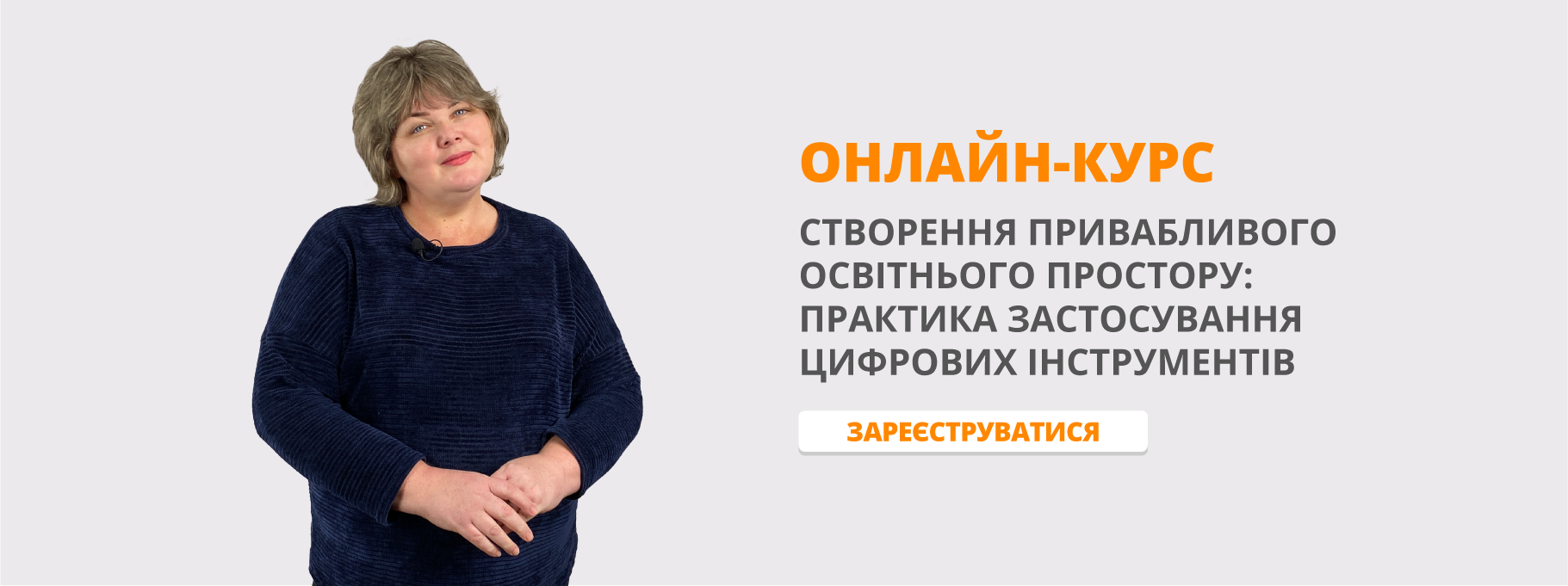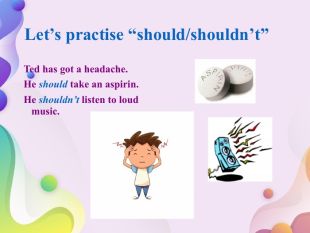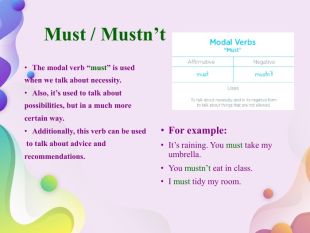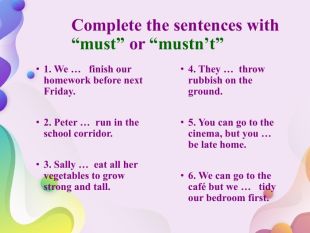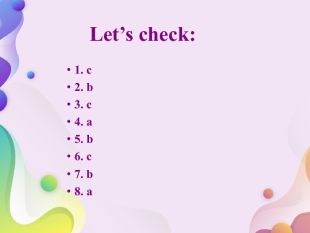Презентація "Modal verbs"
Про матеріал
Презентація для повторення та узагальнення вивченого матеріалу (модальні дієслова). Перегляд файлу
Зміст слайдів
pptx
Оцінка розробки


Безкоштовний сертифікат
про публікацію авторської розробки
про публікацію авторської розробки
Щоб отримати, додайте розробку
Додати розробку
